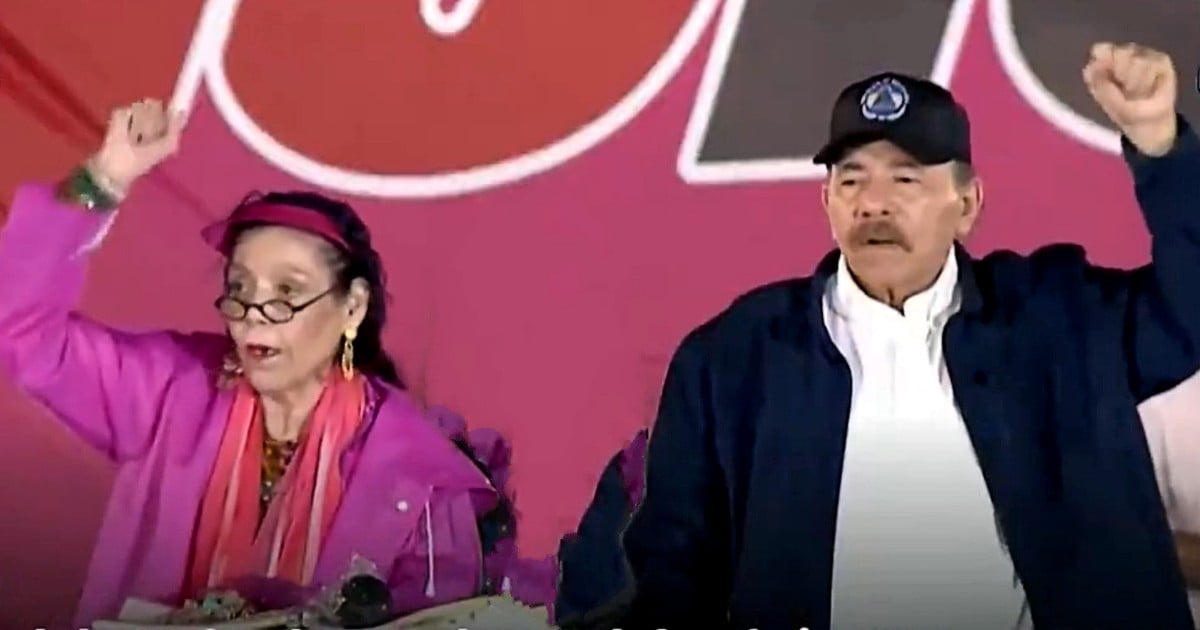Nicaraguan leader Daniel Ortega is pushing for a constitutional amendment that would cement his family's absolute dominion over the nation. The proposal seeks to establish the roles of "co-president" and "co-presidentess," appointing his wife and current Vice President, Rosario Murillo, to share the helm of state leadership.
This amendment would not only solidify Ortega and Murillo's grip on the Executive branch but would also officially synchronize the Legislative, Judicial, and Electoral powers, eradicating their independence. The reform, which alters over 100 provisions of the Constitution, extends the presidential term from five to six years and grants the co-presidents immunity during their tenure.
Controversial Legalization of Paramilitary Forces
According to reports from BBC, the reform sanctions the formation of "voluntary police," paramilitary groups accused of human rights violations during the 2018 anti-government protests. It also imposes new restrictions on freedom of speech, allowing it only when it does not "transgress the principles of security, peace, and well-being" as defined by the Constitution. Additionally, the reform elevates the flag of the Sandinista National Liberation Front (FSLN) to a national symbol, equating it with other national emblems.
With a National Assembly dominated by Ortega's party, the passage of the reform is virtually assured. Gustavo Porras, the Assembly's president, confirmed that it will be expedited and could be approved within days.
Opposition and International Community's Outcry
The opposition, largely exiled due to government crackdowns, has vehemently condemned the reform. Prominent dissident Félix Maradiaga called it "the formalization on paper of the dual-headed dictatorship already existing in Nicaragua." Meanwhile, Juan Sebastián Chamorro stated that the reform obliterates the separation of powers, consolidating an authoritarian regime led by Ortega and Murillo. The Organization of American States (OAS) also denounced the initiative, labeling it as a "monstrous institutionalization of a matrimonial dictatorship." In a statement, the OAS urged the Nicaraguan government to restore democracy and conduct free and fair elections.
An Unprecedented Political Duo
Rosario Murillo, known for her eccentric style and esoteric leanings, has gained significant influence over government decisions since becoming vice president in 2017. Analysts suggest that Murillo effectively acts as co-president, making strategic and executive decisions within the government. This amendment would formalize her role, establishing a joint leadership some critics liken to a "king and queen" model that undermines republican principles, as noted by El País.
The constitutional amendment signifies a turning point in Nicaragua's power concentration. By dismantling the separation between state powers, Ortega and Murillo reinforce their control over all institutions, ensuring their continuity in power and weakening any internal opposition. Meanwhile, aside from allies like Cuba, Venezuela, Russia, and Iran, the global community continues to denounce Nicaragua's democratic decline, marked by repression, forced exile of opponents, and censorship of independent media.
This reform not only reinforces the authoritarian regime but aims to legitimize it constitutionally, deepening the country's ongoing political, social, and economic crisis. The future of Nicaragua under Ortega and Murillo's regime appears to be defined by a single-party system and systematic repression of dissent, consolidating a family dynasty determined to cling to power indefinitely.
